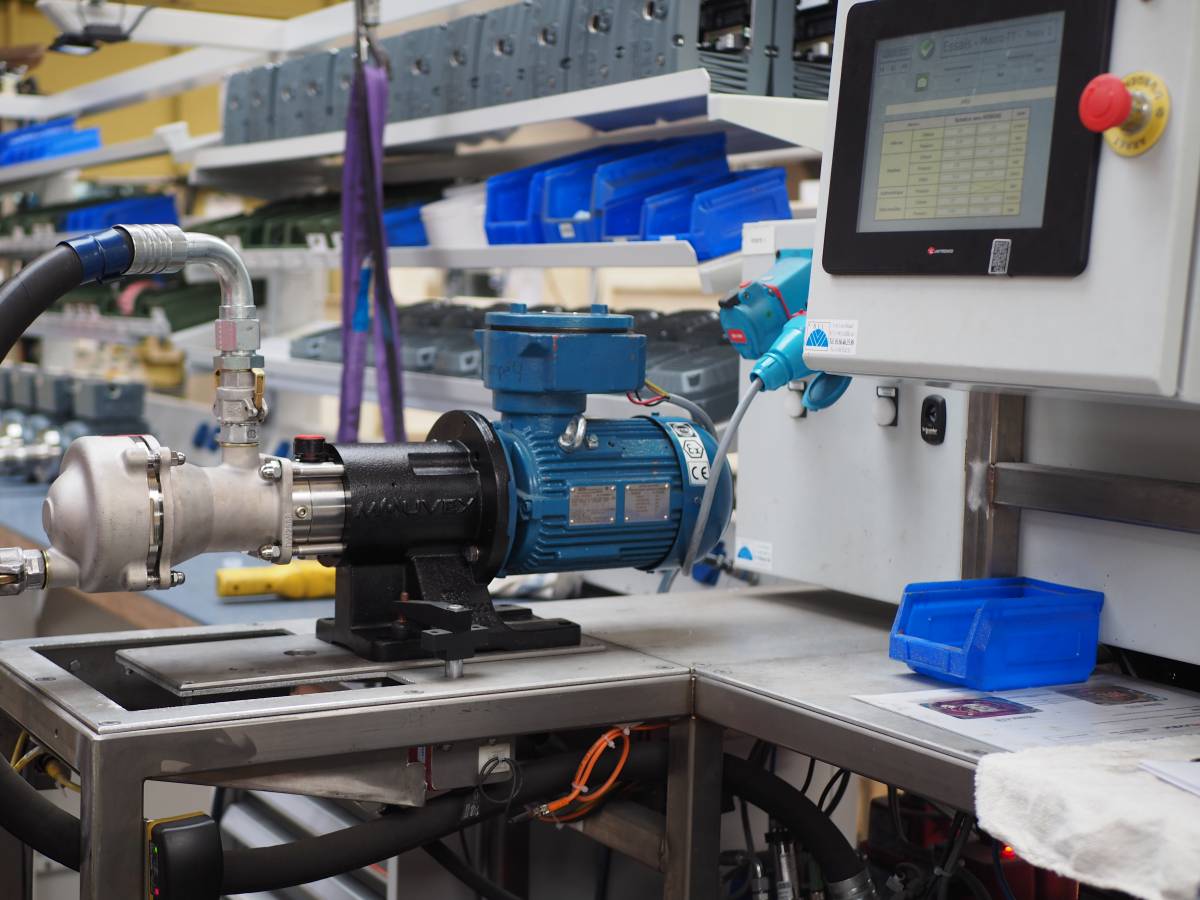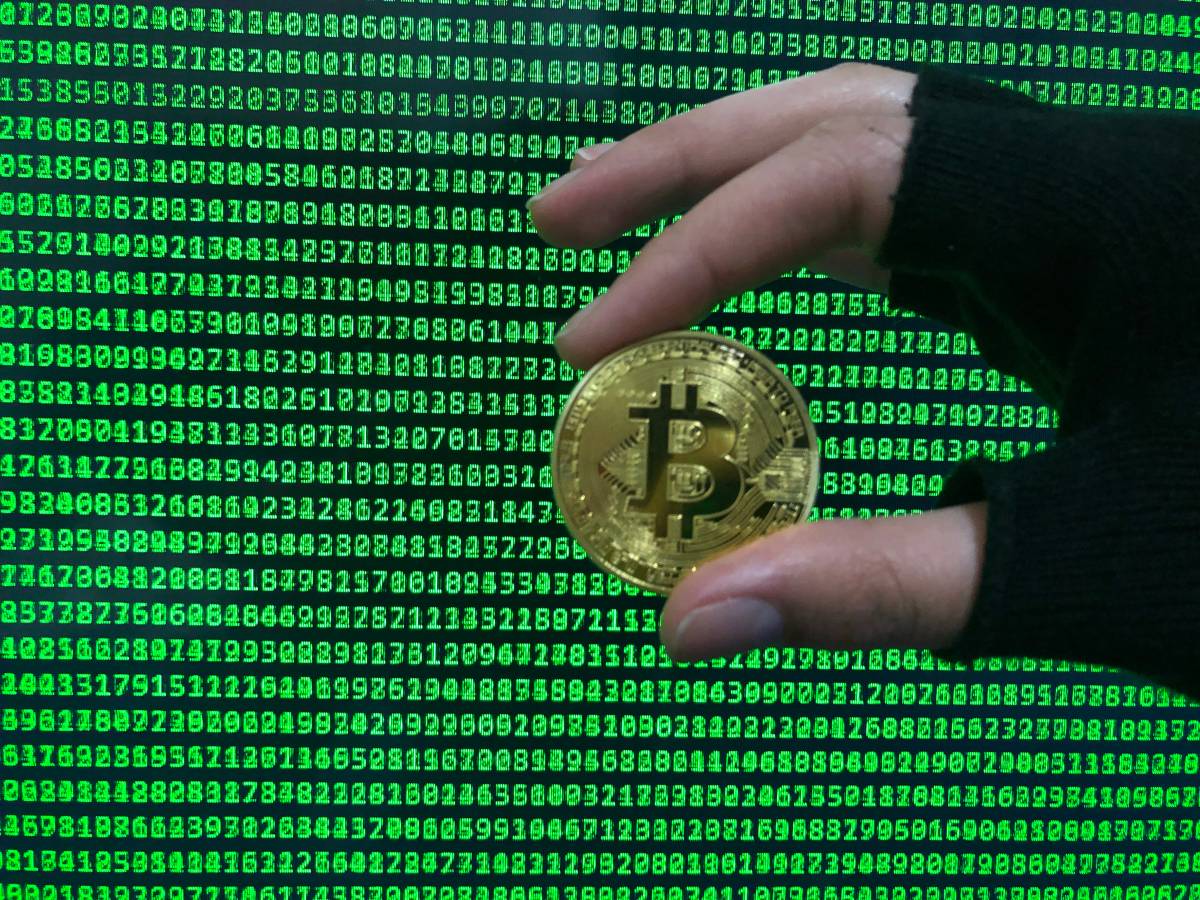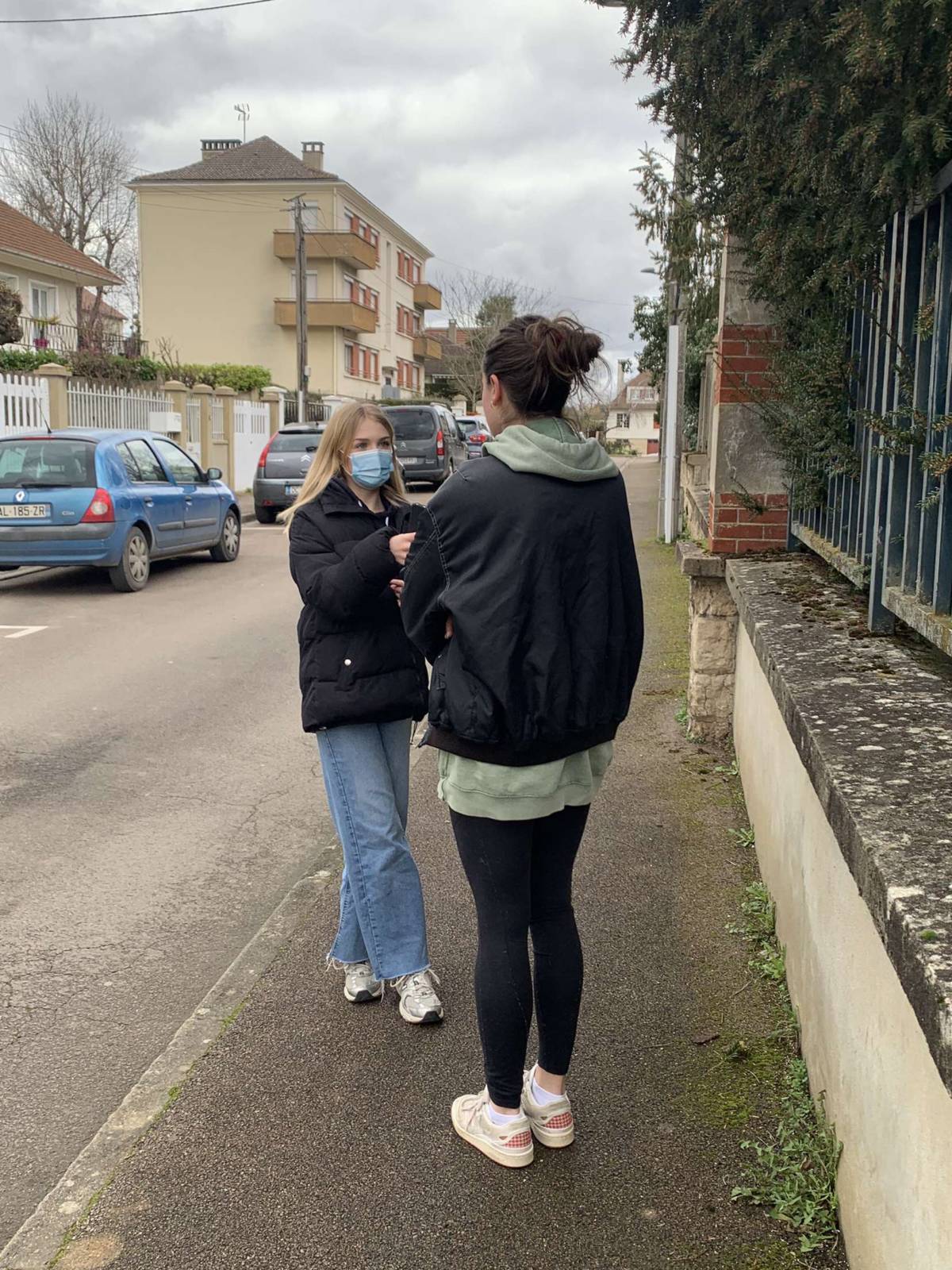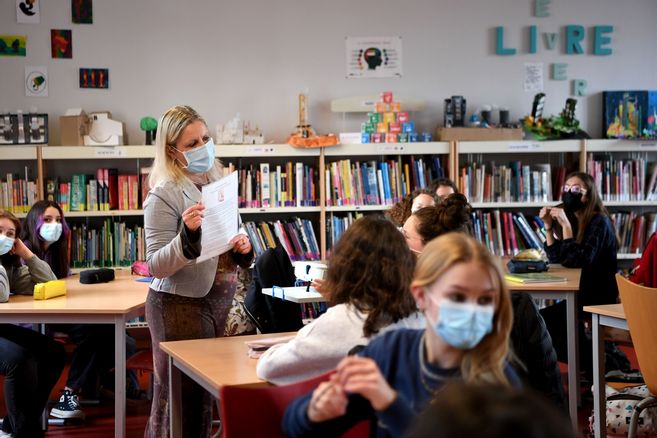At Denfert-Rochereau Middle School in Auxerre, two classes participate in Journalism class 89. At the end of the three sessions, all students, in groups or individually, have produced an essay on the topic “A World Moving Forward”. Technological advances, cryptocurrencies, discrimination… In total, about ten topics were covered in Valerie Kocheval’s class, with the help of Angelique Segura. Here is a choice.
When the past and the future collide…

“The first part, which is the research, also called prospecting, is done on the ground or in the air. Ground exploration is done using detectors for various materials such as metals. Anything that is used for geolocation is done by aerobatic prospecting. And these are Airplanes, drones and radars capable of exploring the ground without digging.Finally, LIDAR (Light Detection and Ranging) is a system that can see buildings hidden in the forest canopy over several hundred square kilometers.The Mayan temples were recently discovered in the Amazon.Discovered using This type of device. “After the site is discovered and excavated, analysis is necessary. The latter can be physical. In this case, we use 3D scanning to reconstruct, infrared that betrays the basic drawings of the frescoes, ultraviolet, microscopy and AGLAE, a device that studies the material more Accuracy, the only example of this is in the Louvre. To disseminate and protect these discoveries, caves, grottoes, and other sites now have replicas. We can, in some museums, see ancient Rome rise around us as Caligula saw it, thanks to virtual reality helmets. On social networks, access is also given to all recent discoveries and this knowledge is shared all over the world. So all these revolutionary technologies have developed tremendously in the framework of archaeological expeditions. However, technologies like this cannot replace human interpretation.
Lucy, 4e4 freshman
Automation, our future?

We went to Mouvex, a company that makes fluid pumps. To visit the factory, we had to wear goggles, earplugs, and safety shoes. Someone started by explaining to us the safety rules that must be respected in the factory, which is not to touch machines and metal sawdust. Jerome and Rhona, 15 years of experience in this business, including 12 years at Mouvex, showed us around a part of the factory. Explain to us the purpose of the machines. After visiting our factory, we asked some questions. Unfortunately, he could not answer all questions such as who invented automation.
This is what we remember from the questions we asked him. Lathes with a high-speed rotating part and a stationary tool that removes materials, milling machines with a fixed section and a tool that rotates at a high speed. In this company, experience is very important, for example, in the beginning, one starts with simple parts and machines, and when one gains experience he can move on to more complex machines and parts.
Today, machines can make parts with an accuracy of five microns (μm \ 0.001 mm). In a city like Auxerre, it is increasingly difficult to find qualified people to work on the machines. So either the company recruits unqualified people to train, or it buys bots. It is a big investment, each machine costs between 500 and 900,000 euros, but it is likely that the option chosen is due to the lack of skilled labor, but also to improve safety.
Etienne B. Thurno d. Gaitan M. , 4e4 students
Cryptocurrencies: the currency of tomorrow?

What is cryptocurrency? Cryptocurrency is a virtual currency in which everything happens online. This is also the reason why all darknet transactions are made by cryptocurrencies, because nothing is tracked. Nobody knows what you do with cryptocurrency but you, while with EUR for example, when you make a transfer, the bank knows what you do with your money.
What is Bitcoin / Btc? Bitcoin or Btc is the first real cryptocurrency and the most important one as well.
What is “Altcoin”? The term “Altcoin” includes all cryptocurrencies that do not belong to Bitcoin, such as Etherium.
How does cryptocurrency intend to democratize? Cryptocurrency intends to become more democratic simply by making itself more useful, for example: about five or ten years ago, it did not make sense to be able to use cryptocurrency to buy everyday things, while today it is much more common today.
Will Bitcoin be able to replace traditional currencies? Defining a thing as currency is complicated because it is its use that allows us to understand what it is. The main function of a currency is the ability to exchange it for goods or services and this is what Bitcoin can do. In addition to being usable, the coin must be able to estimate the value of things in units, which is not complicated for Btc. However, its value changes almost every day. In addition, the currency must also allow it to retain its value over time. So Btc will never replace the Euro. due to excessive volatility.
Nathan, Omar and Vincent, 4e4 students
Discrimination: You’re still with us

Of the ten people questioned, seven had already experienced racism or discrimination regarding physical or sexual difference, or even their choices. Here are some excerpts from their responses to the question: “Have you ever witnessed or been discriminated against?” “Yes, I was already discriminated against as a nurse. Once, a patient did not want to take care of him and my colleague asked me because I am a woman” “People in my family are gay and they have already been humiliated. There should be more demonstrations against discrimination ”we also called the Auxerroise department of the Human Rights League and we asked some questions: 1: How do you get things done? “We deal with cases of discrimination. We are advocates of rights, so we act in mediation, we have no legal recourse. We are an independent administrative authority, and our goal is to return people to their rights, to decide whether there is really discrimination. If there is, we intervene directly. With organizations, companies or rental agencies that have committed this discrimination” 2: How would you act if you were a witness or a victim of discrimination? “If you witness discrimination, you should report it to the rights advocates. You explain the situation to them well, and if you have evidence, we will contact the rights advocates to compile a file.”
Jane, Louise and Marine
Press Class 89: Discover a selection of articles written by university students from Yun
Caroline Gerrard

“Certified gamer. Problem solver. Internet enthusiast. Twitter scholar. Infuriatingly humble alcohol geek. Tv guru.”





